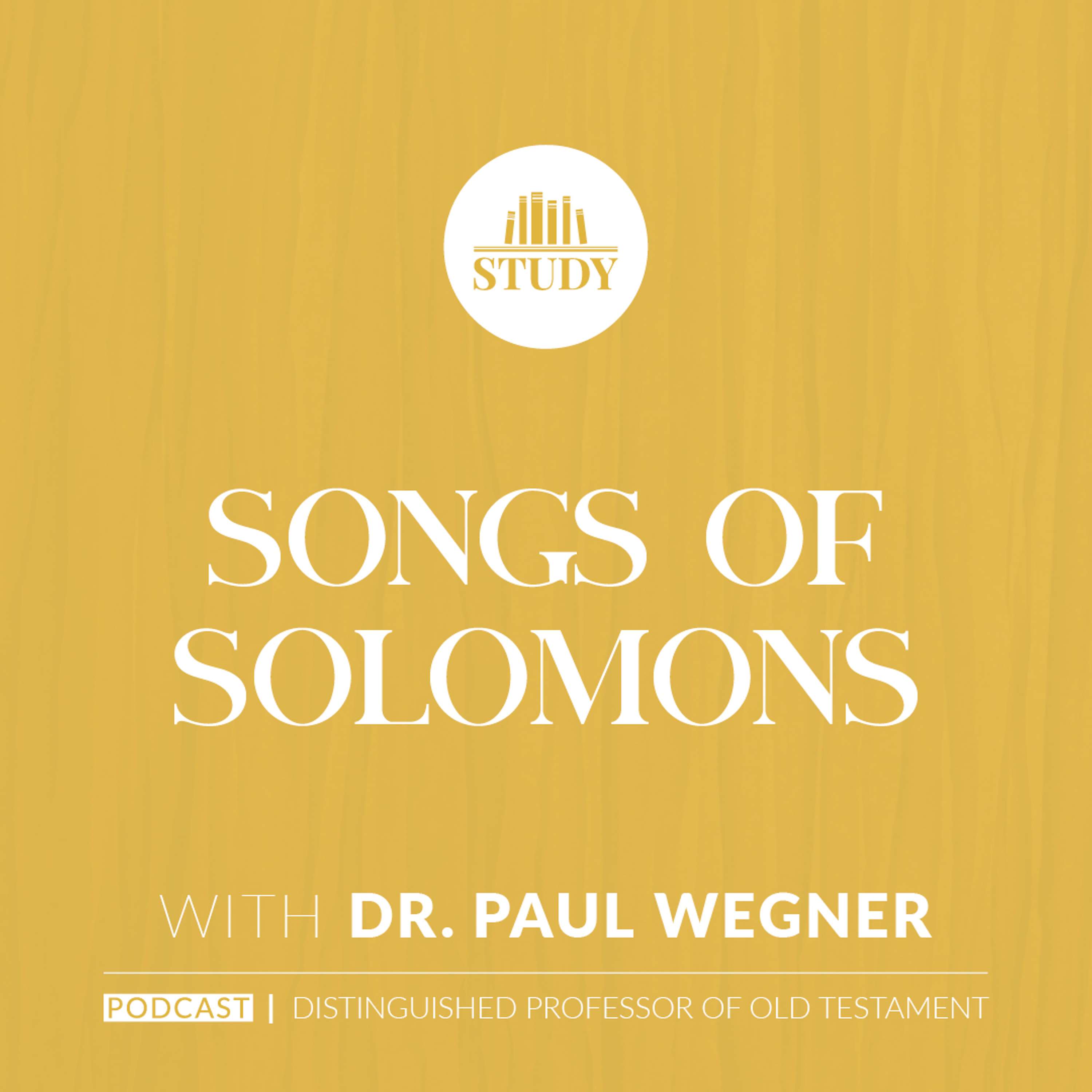“When I observe Your heavens,
the work of Your fingers,
the moon and the stars,
which You set in place,
what is man that You remember him,
the son of man that You look after him?”
Psalm 8:3-4
The Book of Psalms contains some of the most beautiful and encouraging passages in the Bible. The descriptions of God and the praise offered to Him are moving. Of course, the Book of Psalms also includes passages that are difficult to understand and difficult to teach. Unfortunately, some teachers try to teach Hebrew poetry the same way they would teach a passage of the Law or a theological statement from a letter of Paul. All of the Bible is inspired by God and provides rich truth to the learner. But Hebrew poetry has some unique features that should lead us to teach it a little differently.
Hebrew poetry is rich in imagery.
The biblical poets paint a picture with the words they use. Genesis 1 says that God spoke the world into existence, but Psalm 8 records that the heavens are “the work of Your fingers” (3). Which is correct? The imagery of God hanging each star is intended to paint a picture of God’s creative design, His care for each detail. We are not supposed to take from this that God got out his ladder and nailed the stars into place. In the same way, when Psalm 91 tells us, God “will cover you with His feathers; you will take refuge under His wings” (4), the author is suggesting that God cares for us with the close attention a mother bird gives to her chicks. We would miss the point if we think God is a feathered deity. As you teach sections of poetry, try to make the imagery come to life for your learners. Slow down and allow them time to imagine the scene being described by the psalmist. Yes, help them to understand the meaning, but not before they have first sensed the emotional power of the image being connected.
Hebrew poetry is full of human emotion.
The writers talk about feeling abandoned by God, being alone in the world, experiencing overwhelming joy, being so angry they could take up a weapon. The poet is not trying to describe how people “should” feel; he is describing how we often DO feel. At times, we are bothered by stark human emotion in Scripture. Perhaps we are uncomfortable with the same feelings when we discover them in our own hearts. God is not threatened by our feelings, even strong negative ones. Since he inspired so many writers to write about them, it appears that God actually desires for us to bring our feelings—even the overwhelming ones—to Him, share them with Him, and allow Him to work in our hearts.
When you teach Hebrew poetry, your class needs to identify with the feelings of the writers. Help them to reach into their own hearts, struggle with their own feelings of anger, disappointment, and frustration. Then help them to bring these to God. When you teach poetry, the lesson should not be a stoic, intellectual time that stimulates the mind but leaves the heart untouched. It should be rich in reflection, rich in pathos, rich in humanity.
Hebrew poetry rhymes ideas.
Our poets tend to create rhyme with sound.
“Once upon a midnight dreary,
While I pondered weak and weary”
from “The Raven,” Edgar Allan Poe
Sorry, that was the first bit of verse that came to mind. Poetries to create a tone by the rhythm and the rhyme of his words. But, Hebrew poetry doesn’t really work that way. Hebrew poets create “rhyme” by putting side-by-side two expressions of a similar idea, or, in some cases, two contrasting ideas. Jesus was using a poetic device when he described the kind of prayer that God answers:
“Keep asking, and it will be given to you.
Keep searching, and you will find.
Keep knocking, and the door will be opened to you.” Matthew 7:7
The first time I taught a lesson about that passage, I tried to teach the students that they needed to do three kinds of praying: asking, searching, and knocking. That completely misses the point. Each of those words is used to amplify or rhyme this idea. Jesus was saying that God answers the prayers of those who consistently bring their requests to Him. As you teach, be careful not to try to assign new meaning to each thought the poet rhymes. Often, the words are chosen to leave an idea echoing in the heads of the hearers. Rather, help learners to see the power the poet gave to an idea by repeating it multiple times using synonyms to add vibrancy.
Never hesitate to teach passages rich in poetry. God can touch people in remarkable ways through the poetry of His word. But, as you teach, keep in mind the nuances of poetry: the imagery, the emotion, and the rhyming of ideas. Let those features guide your planning and preparation. Feel the poetry with your class, and trust God to reach into their hearts.
Read More

“Faith is a tree known by its fruits”: The Gisle Johnson Project
The Gisle Johnson Project is a new research endeavor spearheaded by Robb Torseth

Excerpt — Towards a Clearer Understanding of Jonathan Edwards’s Biblical Typology: A Case Study in the ‘Blank Bible’
Dr. Cameron Schweitzer provides new insights into Jonathan Edwards’s often mischaracterized typology.
Listen
Wisdom Books | Songs of Solomon
Have you ever wondered why Songs of Solomon is located after the wisdom books in the Bible? That’s because, it’s a wisdom book! While that might seem strange, there are several interesting elements that prove there is more to Songs than what meets the eye.

A Lifetime of Ministry
Minister Darren Logan joins Dr. Hopkins this week to speak on the effects of raising 8 children overseas and how it impacted their family. He also talks about the cultural differences in California even within the USA, and the importance of slowing down in your prepar

Watch

Jonathan Edwards and the Asbury Revival
Chris Chun and Chris Woznicki discuss the signs of true revival, signs of the work of the Holy Spirit, and why it is important to critically assess the characteristics of revival in a spirit of charity.

Jonathan Edwards and the Baptists | Douglas Sweeney, Nathan Finn and Chris Chun
Dr. Douglas Sweeney and Dr. Nathan Finn joined Dr. Chris Chun for a panel discussion on Jonathan Edwards, recorded live at the SBC Annual Meeting in Anaheim.




